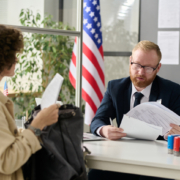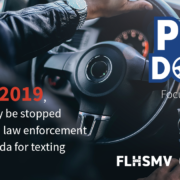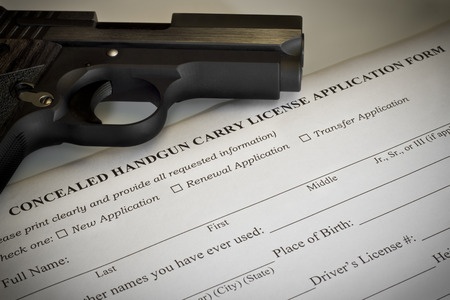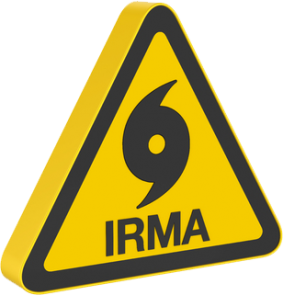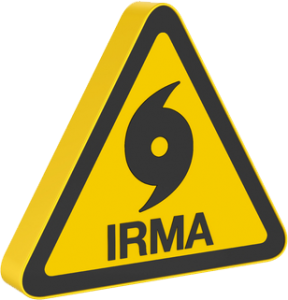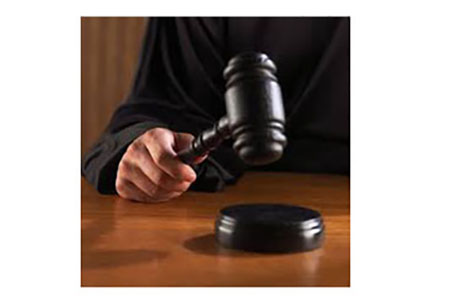Next year, the federal government will be requiring businesses to increase the amount of reporting it provides. It is a new step that may catch businesses off guard as many businesses may not have even heard of the new types of disclosure.
But, if you own, invest or work for a small business, be ready to file your Beneficial Ownership Information to the federal government in January. Not doing so could result in significant fines and possibly jail time.
That sounds scary, right?
It can be, but for most businesses, the actual act of filing this newly required information can be simple. Where it gets complicated is if your business is required and who you must disclose to the federal government.
The attorneys at The Orlando Law Group can help businesses determine if they are required to file its Beneficial Ownership Information and file all the required documents for you.
Why do businesses need to report its Beneficial Ownership Information?
For most businesses, there is significant reporting required to publicly show the ownership of a business.
For instance, a major company like Walt Disney Co. is publicly traded and all of its ownership information is accessible and public. A small investment firm files with the Securities and Exchange Commission. A non-profit organization files its ownership information with the Internal Revenue Service in its form 990.
Small businesses, for the most part, do not have to file this type of information with the federal government.
That is why, in 2021, the federal government passed the Corporate Transparency Act, hoping to provide more tools for law enforcement to find terrorists, money laundering, counterfeiting and more.
Yes, just like how we take off our shoes at the airport because of an act of terrorism, law-abiding small businesses will now have to file additional information with the government because of criminals.
Who needs to file Beneficial Ownership Information?
If you are a small business with fewer than 20 employees and annual revenues less than $5 million, you most likely will need to file.
There are 21 specific exemptions, like companies in the investment and financial realms. Most organizations who file as a 501(c) with the IRS are exempt. And large businesses are exempt.
For businesses that have multiple LLCs, such as a real estate firm that owns multiple properties or a restaurant group with each location a separate entity, this could mean filing a separate Beneficial Ownership Information for each one!
Basically, if you have to file each LLC with SunBiz or any other Secretary of State, then each LLC needs to file separate Beneficial Ownership Information.
What needs to be included in the Beneficial Ownership Information?
This is where the issue becomes complicated as the government is requiring small businesses to report anyone who has “substantial control” or “ownership interest” in the business.
The ownership interest is strait forward. Does an individual own 25 percent or more of a small business? If so, that person needs to be included in the Beneficial Ownership Information.
As to substantial control, in most businesses, this will include nearly everyone on the executive team. Specifically, the government says the following are required to be included:
- The individual is a senior officer (the company’s president, chief financial officer, general counsel, chief executive office, chief operating officer, or any other officer who performs a similar function).
- The individual has authority to appoint or remove certain officers or a majority of directors (or similar body) of the reporting company.
- The individual is an important decision-maker for the reporting company.
The last bullet is where it gets complicated and will need to be a judgement call on the business owner. If someone in the business has any authority with finances, structure or business lines, they need to be included.
What happens if a business does not report?
Here is where it gets scary. According to the federal government:
“The willful failure to report complete or updated beneficial ownership information to FinCEN, or the willful provision of or attempt to provide false or fraudulent beneficial ownership information may result in a civil or criminal penalties, including civil penalties of up to $500 for each day that the violation continues, or criminal penalties including imprisonment for up to two years and/or a fine of up to $10,000. Senior officers of an entity that fails to file a required BOI report may be held accountable for that failure.”
Keep in mind, this is not like filing with the State of Florida, where the fine is relatively small for not filing. This is an effort of the Financial Crimes Enforcement Network division of the United States Treasury.
These are the people who spend every moment looking for criminals breaking the law to protect us.
While the federal government says, “willful failure,” that term could apply to your actions if you “forget” to file or do not realize you need to file. It is still to be determined how that will be treated.
It is certainly not something any business would want to be the test case for. Plus, pay attention to that last line of the government’s warning that says senior officers of the company can be held personally accountable for a failure to file.
When do we file our Beneficial Ownership Information?
For the first year, any existing businesses have all of 2024 to file its first Beneficial Ownership Information.
However, if you form a new company after January 1, you will have just 30 days to file your information with the federal government.
The attorneys at The Orlando Law Group can help your businesses prepare for this requirement as we understand business and represent clients in business law and more in Orlando, Waterford Lakes, Altamonte Springs, Winter Garden, Lake Nona, St. Cloud, Kissimmee, and throughout Central Florida.
If you have questions about anything discussed in this article or other legal matters, give our office a call at 407-512-4394 or fill out our online contact form to schedule a consultation to discuss your case. We have an office conveniently located at 12301 Lake Underhill Rd, Suite 213, Orlando, FL 32828, as well as offices in Seminole, Osceola and West Orange counties to assist you.
The articles on this blog are for informative purposes only and are no substitute for legal advice or an attorney-client relationship. If you are seeking legal advice, please contact our law firm directly.

